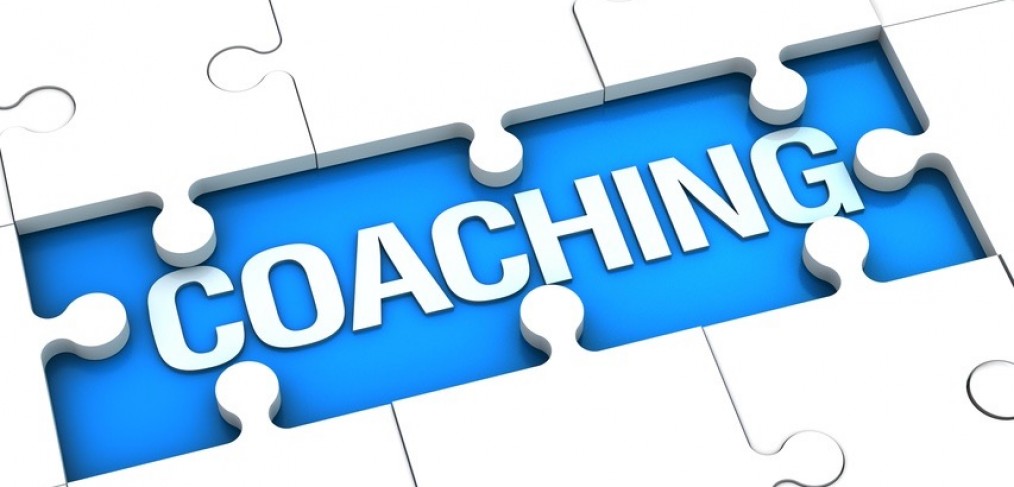
The Best Coaches Act Dumb, Heartless and Lazy
A dear friend (and fellow coach) and I recently discussed what we thought made for an effective coach. We concluded that clients would be best served by coaches that act dumb, heartless and lazy. We had a chuckle at the thought of pitching this perspective with future coaching prospects –
Effective coaches don’t have preprogrammed notions or expectations of the conversation, nor analyze the situation for the client. Dispensing advice or setting actions for clients serve a coach’s need to show value to a client or give the coach confidence. But there is no correlation between a coach showing a client how intelligent they are and client value. Over preparation means that the coach has a preconception as to how the session will proceed. The coach should facilitate the client’s self-discovery, analysis and action steps by acting dumb and asking powerful questions.
Everyone has emotions and biases but an effective coach will check these at the door prior to a client session. Effective coaches detach and serve as an empty vessel for clients to express themselves. While establishing chemistry is essential to build a trustful coaching relationship, it should be a means for the client to share perspectives, not for the coach to express opinions. The coach’s role is not to judge what the client says as that will influence the client and steer the conversation. An effective communicator, however, will use positive emoting and active listening to encourage the speaker to share more. In positive emoting, a coach demonstrates interest and care about what the client says but again, does not offer a judgement about what was said.
The role of the coach is not to advise or give the answer – coaching is not consulting. Clients should work hardest during sessions; they are the expert of their own life and the best way for them to learn is through self-discovery. This means minimal preparation for the coach prior to the client meeting and taking a follower role during. A coach-dominated conversation saps energy from and disempowers the client. An effective coach will free their mind of distraction and bias, be present and trust the process itself and follow the conversation based upon what the client says.
Effective coaches are obviously not actually dumb, heartless and lazy but must be able to appropriately take on these personas in a client situation. Not having pre-conceived notions means the coach has to ask basic questions. Being emotionless encourages the client to express opinions freely. By taking a follower role, the client guides the conversation and achieves self-discovery on their own terms.



Leave a Reply
Be the First to Comment!